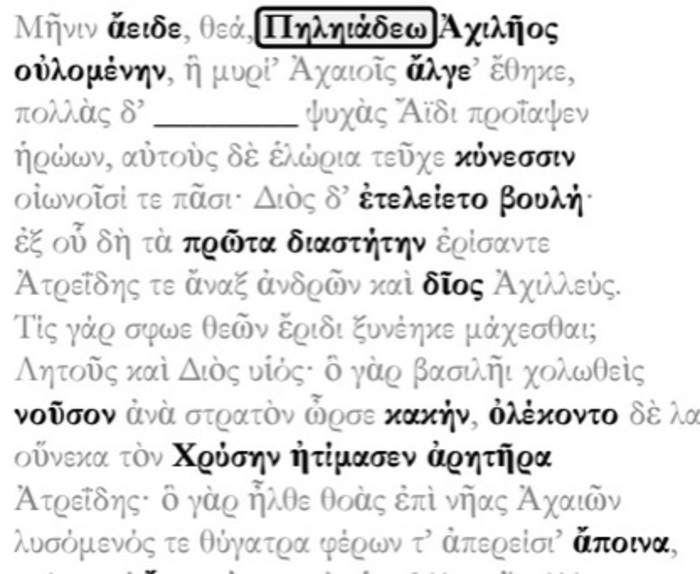SPIEGEL ONLINE : Every third child learns Latin at grammar school, although it could also acquire a language that it can use, for example, on vacation. Why is Latin so popular?
Gerhards : The positive image of Latin is very much socially arrested. We interviewed parents of eighth-graders at grammar schools about what languages, in their view, promote logical thinking. 80 percent said that was true in Latin. Modern foreign languages believed that only eight percent. A good 70 percent believed that Latin helps students to learn other languages more easily. Significantly fewer parents also saw this benefit in English, French or Spanish. It's like the fairy tale "The Emperor's New Clothes": If everyone believes in it, it will come true.
SPIEGEL ONLINE : And you are now the child who shouts: "But the emperor is naked!".
Gerhards : It is one of the tasks of science to enlighten and disenchant myths.
SPIEGEL ONLINE : What are they?
Gerhards : In Latin, a whole bunch of positive attributes are said: Those who learn to do so purportedly train their logical thinking and their analytical abilities. He also allegedly acquires a better understanding of grammar and is more likely to learn other foreign languages such as Spanish or French. In addition, people who had Latin in school are considered culturally more educated, as our survey has shown.
SPIEGEL ONLINE : Together with two other researchers you have published a study in which you write that none of them agree. How can you be so sure?
Gerhards : We did not do that ourselves, but there are several good studies that prove that. Ludwig Haag of the University of Bayreuth and Elsbeth Stern of the ETH Zurich, for example, studied logical thinking, the understanding of grammar and the ability to learn languages of pupils before they chose a foreign language - and a few years later. It became clear that those who chose Latin had no advantage over students who had learned a modern foreign language at the same time.
SPIEGEL ONLINE : Nevertheless, the proportion of high school students who learn Latin in the classroom, since the late nineties of about 26 to 32 percent has risen. How do you explain that?
Jürgen Gerhards : We interpret this as a strategy of the educated middle classes to differentiate themselves from other social classes. Since the seventies, we see an educational expansion: More and more people graduate from high school and study. This is sometimes perceived as a threat in educational milieus, because more people with comparable degrees compete for study and work places. Educational citizens oppose it with different strategies: they send their child abroad for a year, for example to a school in the USA. Or they think that they have to learn Latin.
SPIEGEL ONLINE : Latin brings less than expected and is also a dead language. Should it be deleted from the curricula?
Gerhards : That would be premature. Because so many people believe in the miraculous effects of Latin lessons, they bring real benefits to the job market. Tim Sawert, a co-author of our study, sent fictitious applications to companies for his PhD thesis, which differed only in one feature: whether someone had Latin at school or not. Those who had learned Latin were invited to interview more often.
SPIEGEL ONLINE : It used to be a Latinum to study medicine or law. Today, this is a requirement in a few subjects - but still many students nationwide have to demonstrate or catch up on Latin for some subjects. That's actually outdated, right?
Gerhards : When you study art history or theology, for example, it is very clear that you need Latin to tap into historical sources. But the universities should examine very carefully in which subjects Latin really makes sense for their big clientele.
SPIEGEL ONLINE : Is not Latin education worth protecting, because language is part of our culture and past? Otherwise nobody would understand sentences like "carpe diem" or "quod erat demonstrandum".
Gerhards : In order to learn such sentences, you might need a few weeks - and I had four hours of Latin each week for seven years. That was basically a bad time. I could have learned Spanish then, which would have been much more useful.
SPIEGEL ONLINE : So you did not approach the study in an unbiased way because you were tormented in Latin?
Gerhards : On the contrary, I liked to learn it. I am a systematic guy who likes clear structures. Latin has few irregularities, that fits my mentality. But that is not a socially relevant argument.








